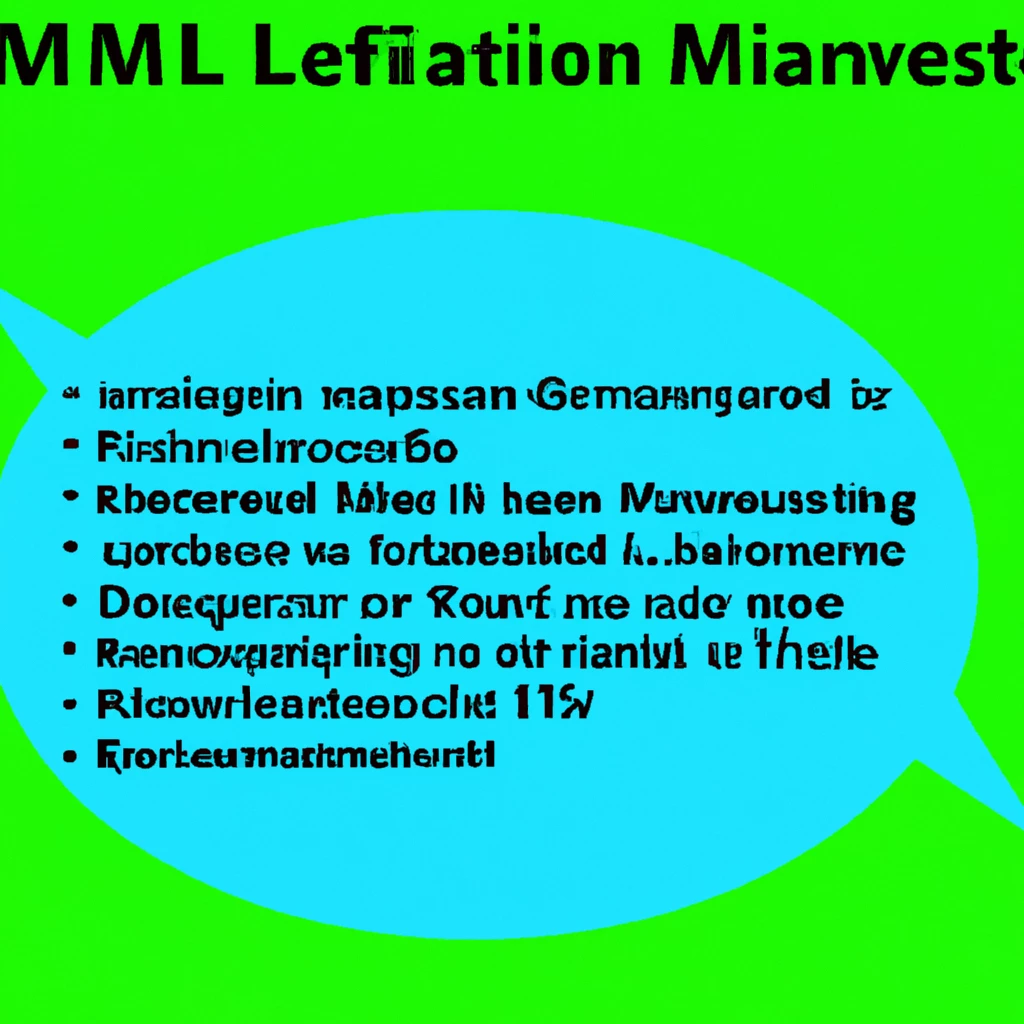What Is Multilevel Marketing (MLM)?
Multilevel marketing (MLM) is a sales strategy utilized by direct-sales companies to market products and services. This approach involves current members promoting the offerings to others and bringing in new recruits to expand the network.
Participants in MLM earn a percentage of their recruits’ sales and are encouraged to build their downline by recruiting more individuals to make sales and increase earnings.
While many MLM setups are legitimate, there are also illegal pyramid schemes that operate, tarnishing the reputation of genuine MLM businesses.
Key Takeaways
- Multilevel marketing is a legitimate business strategy employed by direct-sales companies.
- Members are incentivized to promote products, recruit new members, and earn a share of their recruits’ sales.
- The structure allows for earning commissions at all levels, with higher layers leading to increased earnings.
- The Federal Trade Commission (FTC) monitors MLM programs to prevent illegal pyramid schemes.
Alex Dos Diaz / Investopedia
Understanding Multilevel Marketing (MLM)
Multilevel marketing serves as a legitimate business model favored by companies relying on sales for revenue generation. Compared to traditional sales approaches, MLM leverages networks for sales and recruitment, often termed as network marketing.
Individuals in MLM act as contractors or independent business owners tasked with selling products to customers. They also have the opportunity to recruit new participants into the program.
Recruiters in MLM earn a percentage of their recruits’ sales, creating a chain of earning potential across multiple layers within the network.
In MLM, earnings resemble a pyramid structure, with higher positions yielding higher income levels. However, success can be challenging for individuals in lower tiers.
Despite being legal, MLM often faces scrutiny due to the presence of pyramid schemes. Differentiating between legitimate MLM and illegal operations is crucial for participants and regulators.
Real-World Examples of Multilevel Marketing
Multilevel marketing is prevalent in various industries, with companies like Amway and Herbalife showcasing successful MLM implementations.
Amway
Amway, a leading direct-sales company, uses MLM to drive its global operations in health, beauty, and home care products across numerous countries.
Herbalife Nutrition
Herbalife Nutrition focuses on weight-loss and nutritional products, emphasizing revenue from product sales rather than recruitment.
While famous, Herbalife has faced legal challenges regarding its business practices, indicating the need for scrutiny in MLM operations.
What Is MLM, and Is It Legal?
Multilevel marketing operates within a legal framework where salespersons earn commissions from product sales and recruitments. This structure distinguishes legitimate MLM businesses from illegal pyramid schemes.
Is Multilevel Marketing a Pyramid Scheme?
Multilevel marketing is occasionally associated with pyramid schemes due to profit concentration at higher levels. While some MLMs are legitimate, caution is advised when potential income depends significantly on recruitment.
What Are Some Red Flags to Look Out for an Illegal MLM Pyramid Scheme?
The Federal Trade Commission (FTC) cautions against MLM promoters who make unrealistic income claims, prioritize recruitment over product sales, and pressure individuals to join hastily.
What Is an Example of Multilevel Marketing?
Avon exemplifies multilevel marketing, showcasing a network-driven sales model without fixed retail locations. This direct-sales approach empowers entrepreneurs to sell products in various settings.
The Bottom Line
Multilevel marketing offers a legitimate sales avenue with some parallels to pyramid schemes. While MLM emphasizes sales, success typically involves effective recruitment strategies to maximize earnings.
